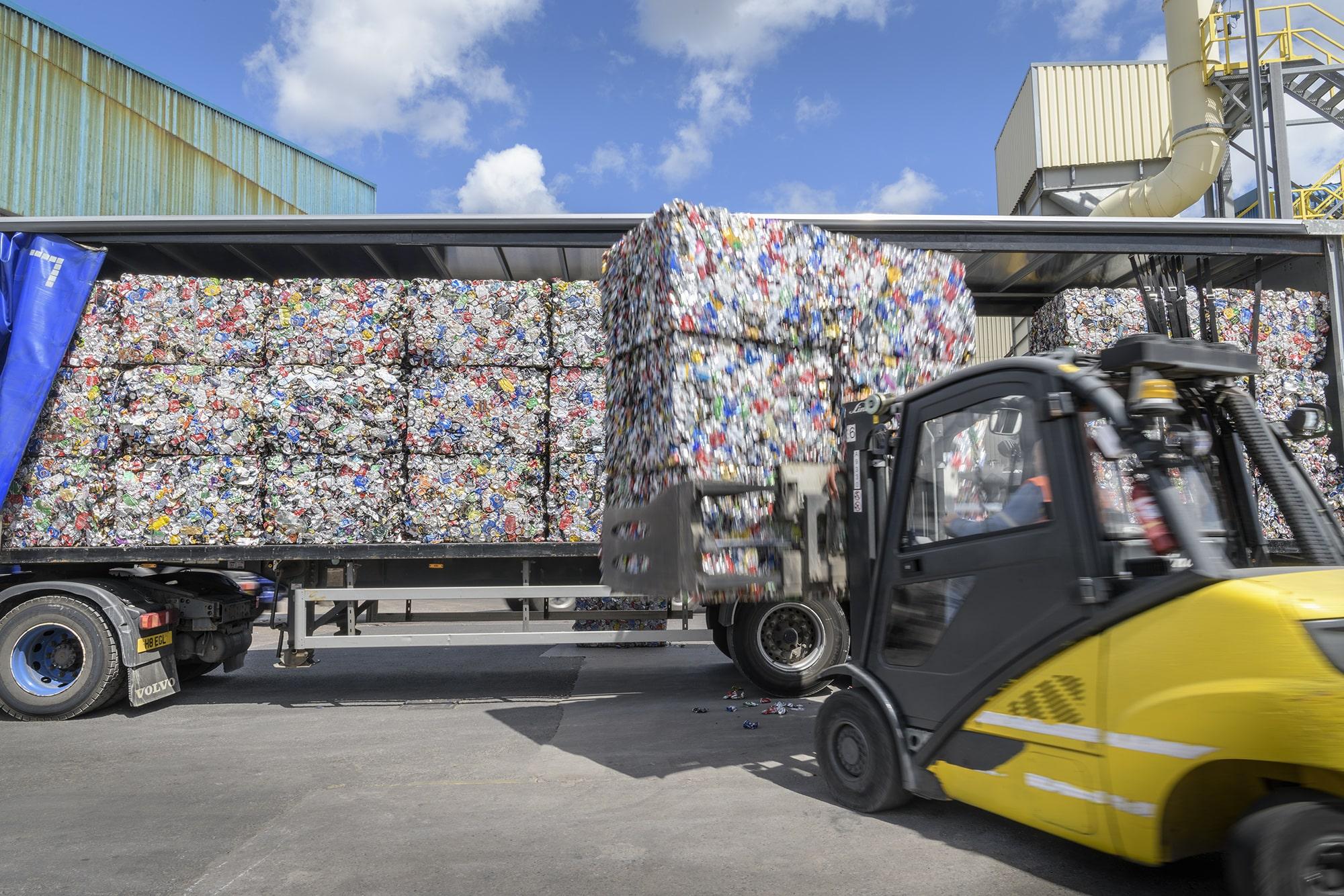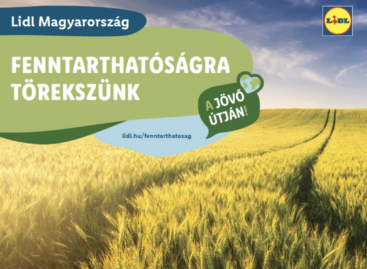How does the recycling of aluminum cans contribute to the sustainable food industry?
Fortunately, more and more food and retail companies are striving for more sustainable operations, production, environmentally friendly production and the use of packaging. Aluminum as a raw material and its recycling play a key role in the operation of more sustainable processes, and this does not only involve large companies, but also everyone who chooses an aluminum can drink from the store shelves.

It is a fact that there is both oversupply and overconsumption in the world, and the product groups of soft drinks, iced coffees, energy drinks, and alcoholic beverages are no exception to this. However, as consumers, we can now not only decide what we choose, when, which brand and which drink we take off the shelf, but also what we drink it from – because there are good and better decisions.
Aluminum, one of the most valuable raw materials, is playing an increasingly important role in the food industry and retail markets. Not by chance, as it can be endlessly and energy-savingly recycled without losing its properties. Thanks to this, people have raw materials that can replace, for example, single-use plastic packaging for many products. It is a shocking figure that, based on the coastal waste count in the European Union, 80-85% of marine waste is plastic, of which 50% is single-use plastic items (source: National Waste Management Plan). The European Union has already formulated its guidelines for the pursuit of plastic elimination (European Commission Plastics Strategy, SUP (EU) 904/2019 directive) and there is a positive trend towards implementation on the part of companies as well. Even the largest beverage companies are increasingly preferring 100% recyclable aluminum cans, displacing the use of PET bottles. However, an important segment of the process is the change in consumer behavior and attitude: in order to ensure that 100 percent of the aluminum in circulation today remains in circulation, it is necessary for conscious consumers to not throw the aluminum cans into the household waste after use.
Related news
The majority of Hungarians spend less than 50 thousand forints on Christmas gifts, sustainability is an important aspect, but not the primary one
Gift-giving is an essential holiday tradition, but what really matters…
Read more >Lidl has published its 3rd sustainability report
Lidl Hungary’s sustainability report for the 2022/2023 business years has…
Read more >ESG – about sustainability standards, from a legal perspective
Since December 2023 several pieces of legislation have been published…
Read more >Related news
Recognition of Consumer Protection Excellence: Honoring the Best of 2024
This year’s outstanding consumer protection officers and special award recipients…
Read more >The Joy of Giving! – SPAR stores collect non-perishable food for people in need
The Hungarian Maltese Charity Service and SPAR Hungary have launched…
Read more >KSH: industrial production decreased by 0.2 percent in October
In October, the volume of industrial production fell by 0.2…
Read more >








